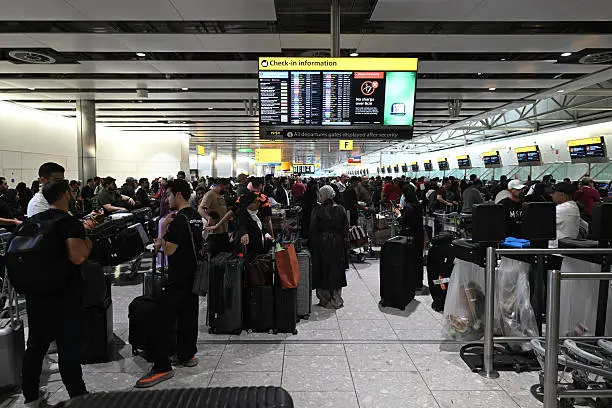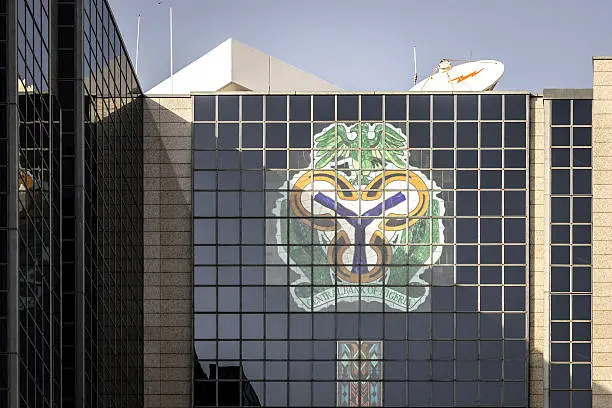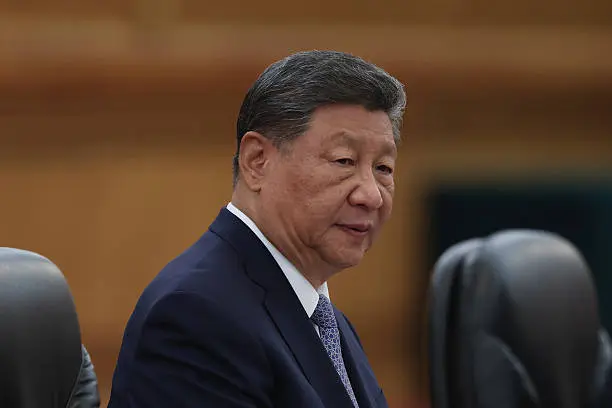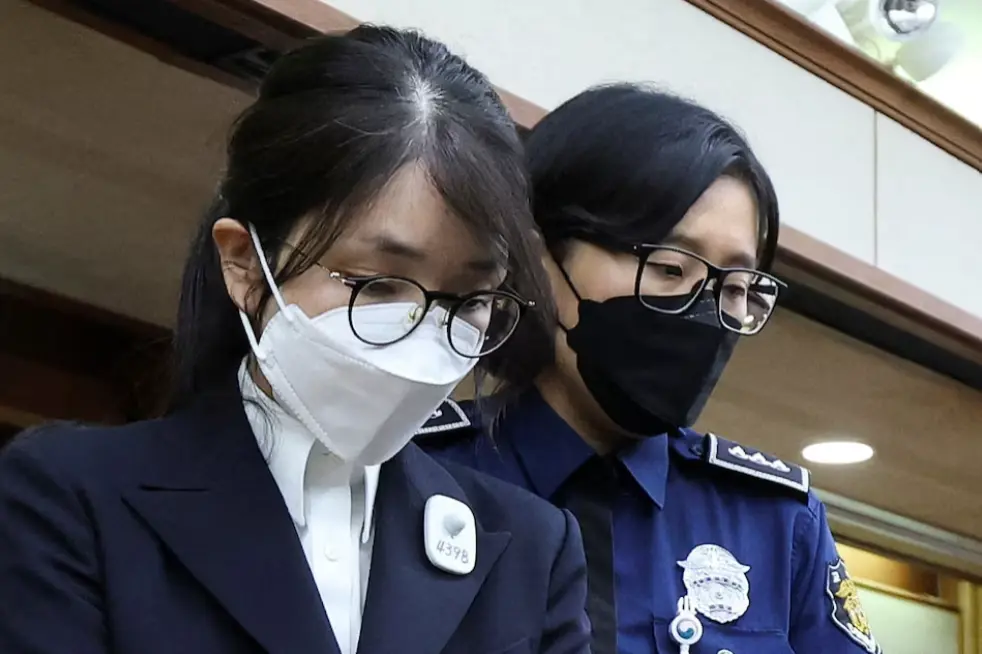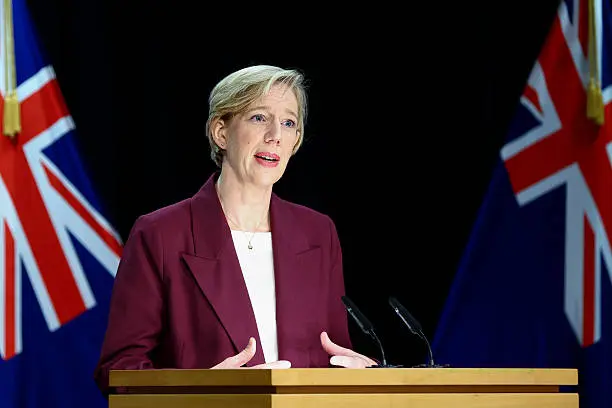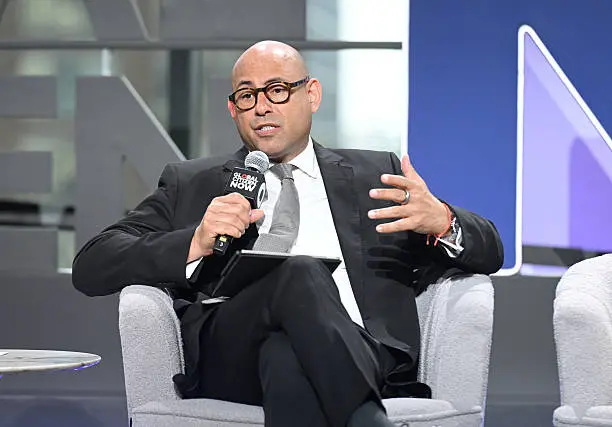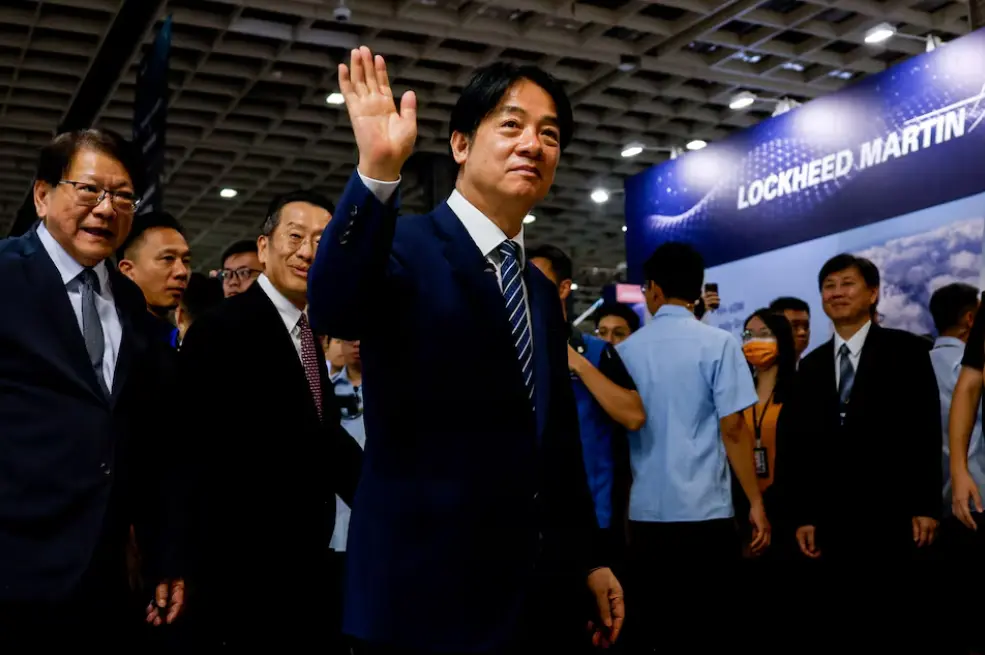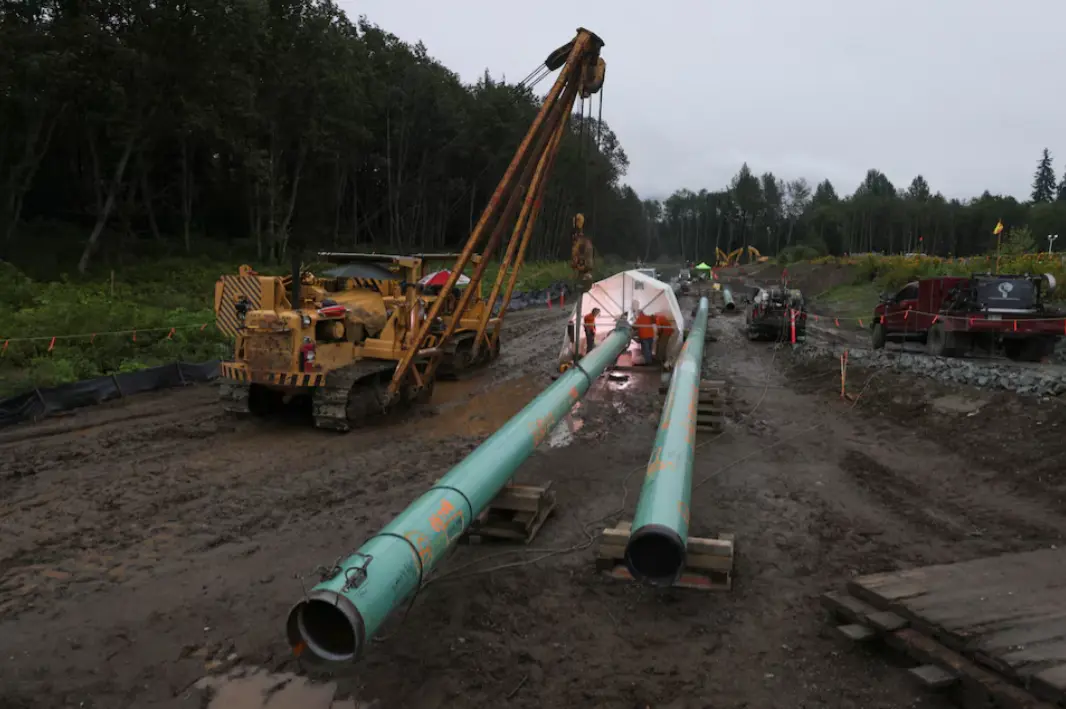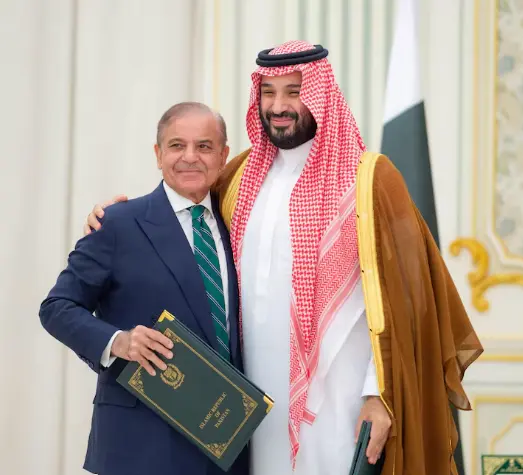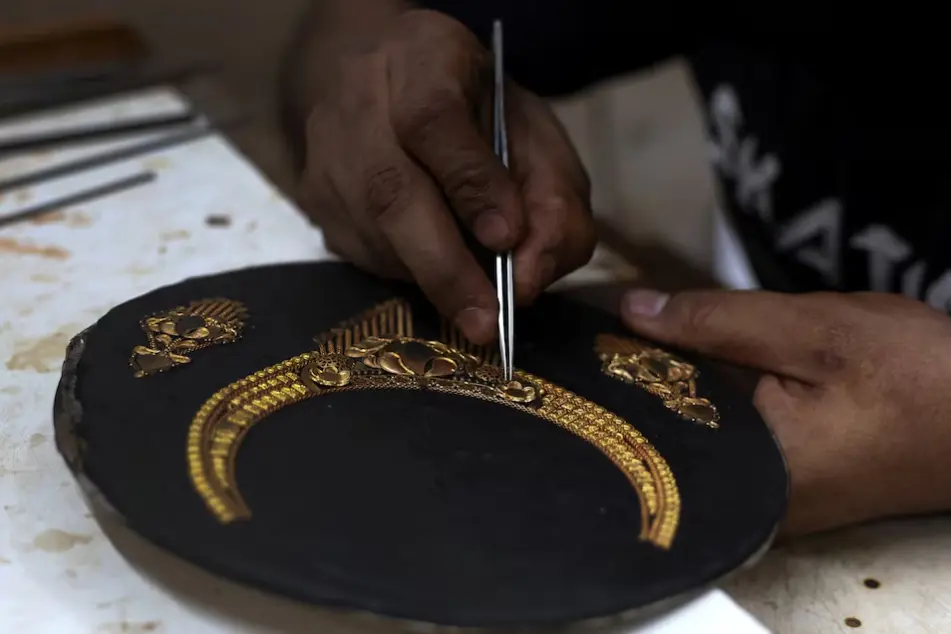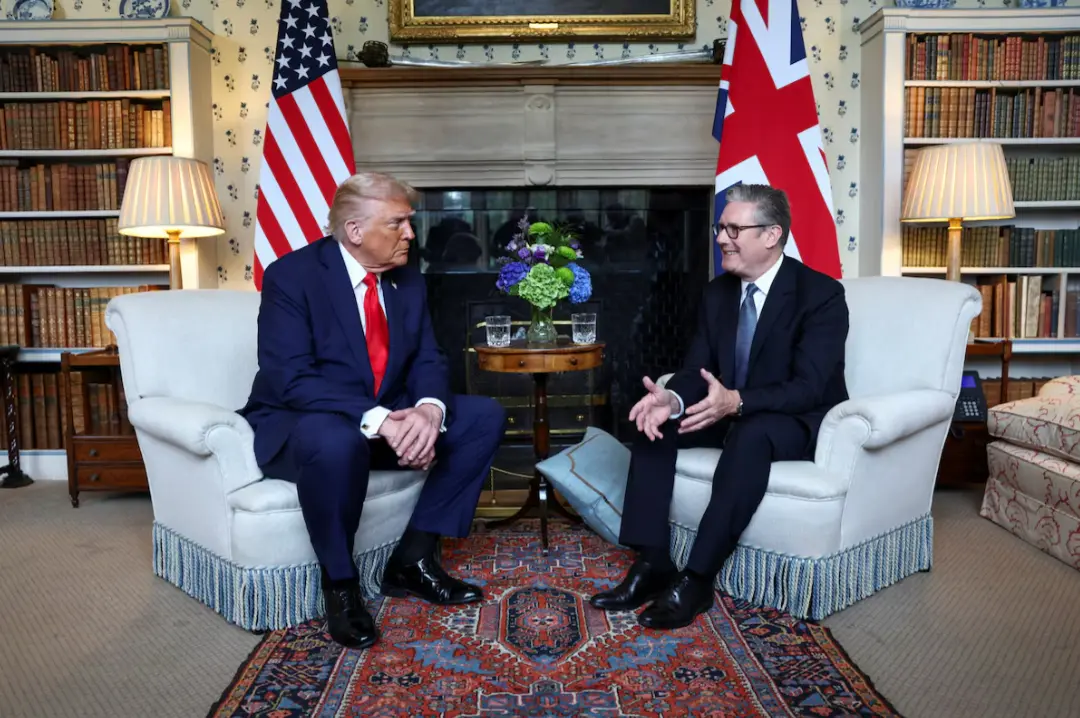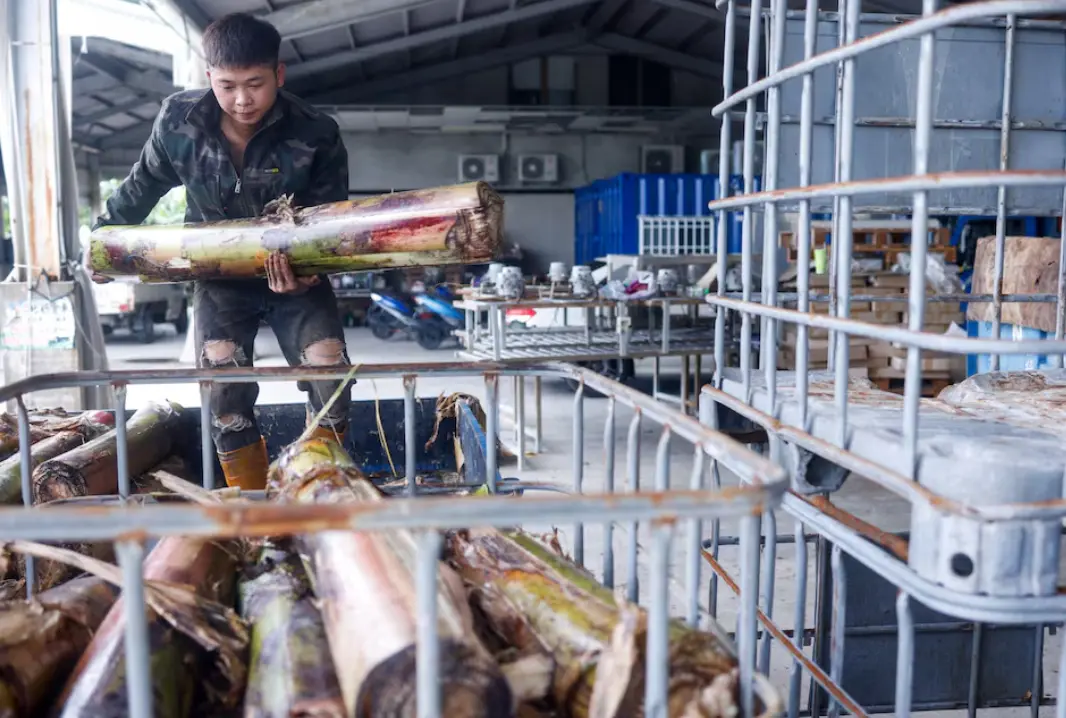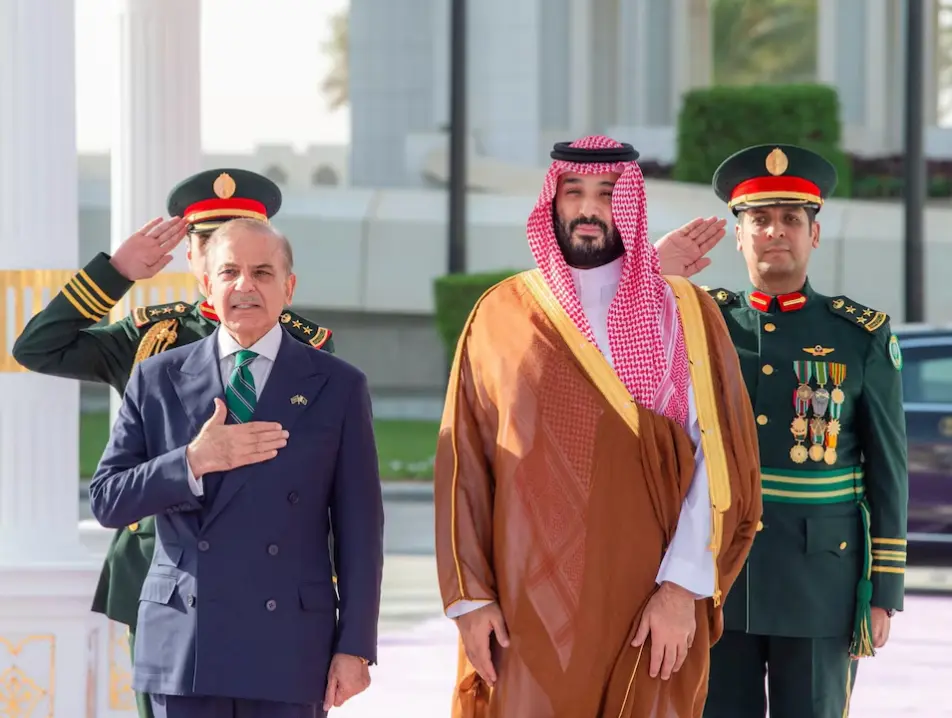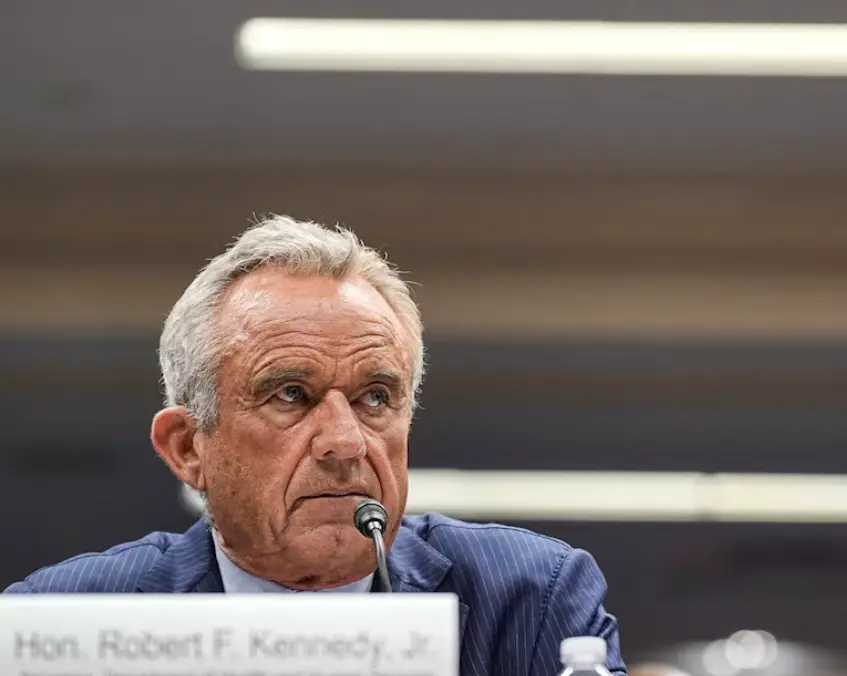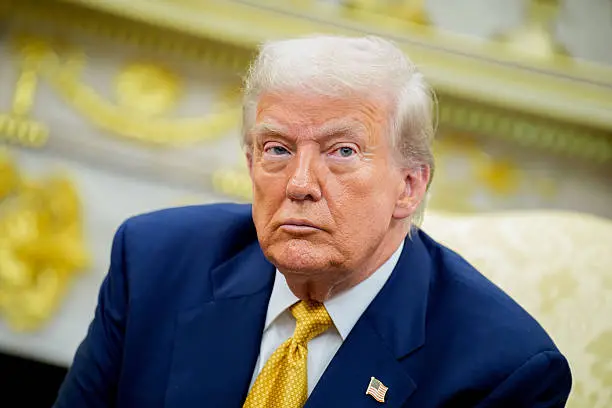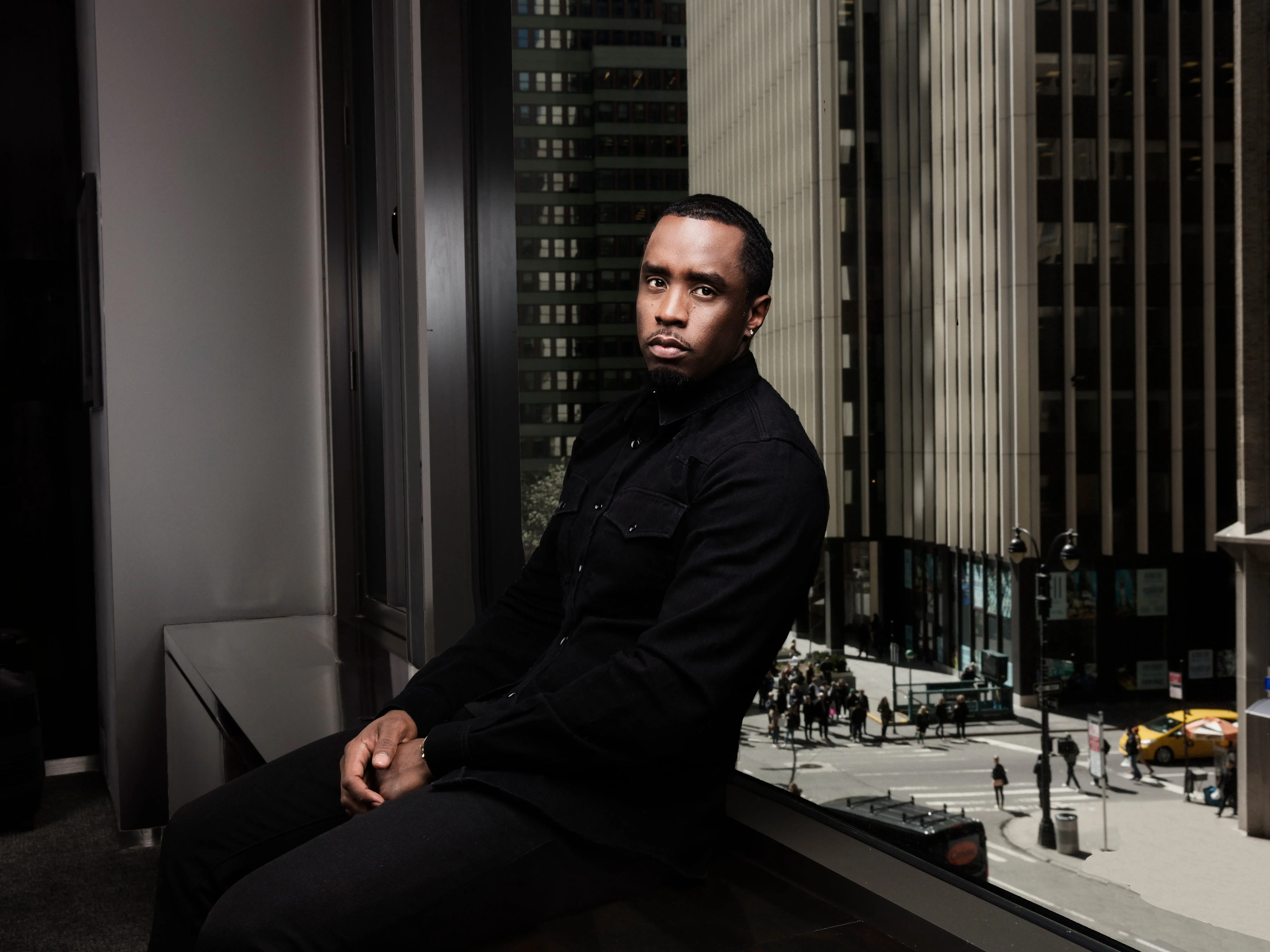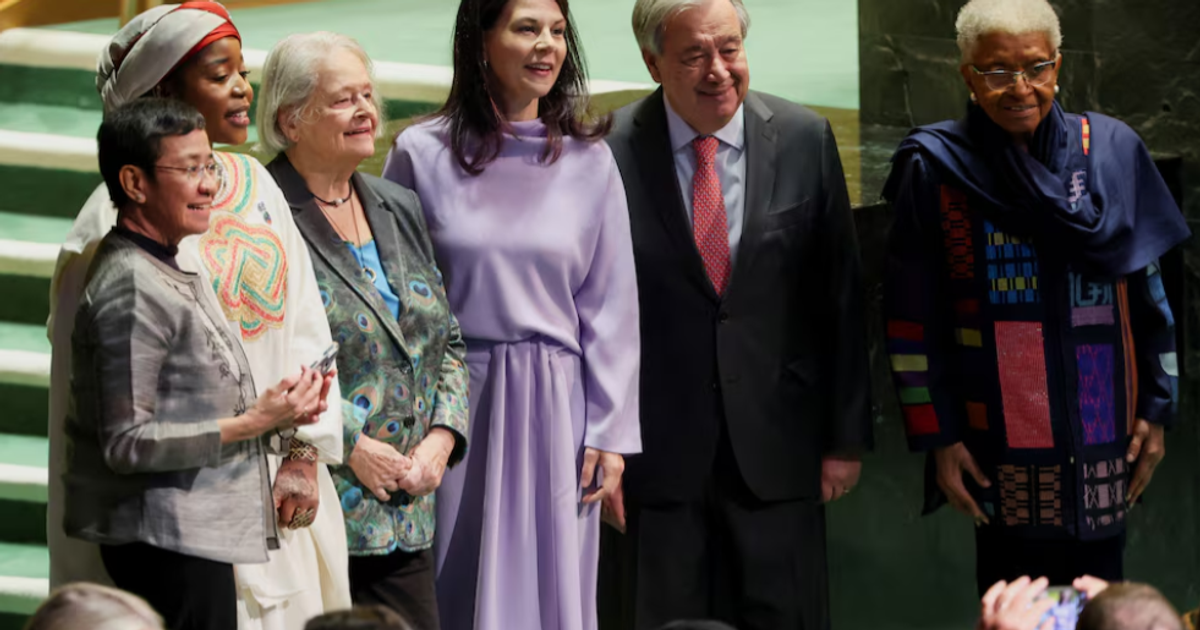
Global Leaders Voice Concern Over Slow Progress on Women’s Rights Three Decades After Beijing Milestone

GeokHub
Contributing Writer
September 2025 — Thirty years after the landmark Beijing Conference on Women set a global agenda for gender equality, world leaders and advocates are reflecting on progress made — and warning that much more remains to be done.
In 1995, representatives from nearly 200 countries gathered in Beijing to adopt a comprehensive framework promoting women’s empowerment, equal participation in society, and protection against discrimination. The conference was hailed as a turning point, with commitments spanning education, health, political representation, and economic opportunities.
Today, leaders acknowledge that while notable strides have been made, the pace of change has been uneven. Gains in girls’ education, maternal health, and female participation in politics have been offset by persistent inequality in pay, access to leadership roles, and protection from violence.
Leaders Speak Out
At this week’s commemorative events, several heads of state and international figures voiced disappointment at the limited progress. Calls were made for renewed political will, stronger investment in women’s economic participation, and more aggressive action against gender-based violence.
“Women should not have to wait another 30 years for equality,” one leader emphasized, urging governments to translate commitments into measurable outcomes.
Barriers to Equality
Experts say multiple factors continue to hold back progress:
- Wage gaps: Women globally earn less than men in similar roles.
- Political underrepresentation: Despite gains, women remain underrepresented in senior government positions.
- Violence and discrimination: Many countries still lack strong protections against harassment, abuse, and systemic inequality.
- Cultural barriers: Traditional norms in some regions continue to restrict women’s choices in education, marriage, and career.
Looking Ahead
Advocates argue that addressing these challenges requires a mix of legal reforms, education initiatives, investment in female entrepreneurs, and stronger accountability systems to track commitments.
With global attention once again on the Beijing milestone, the message from leaders is clear: progress has been made, but the promise of equality remains unfinished.



